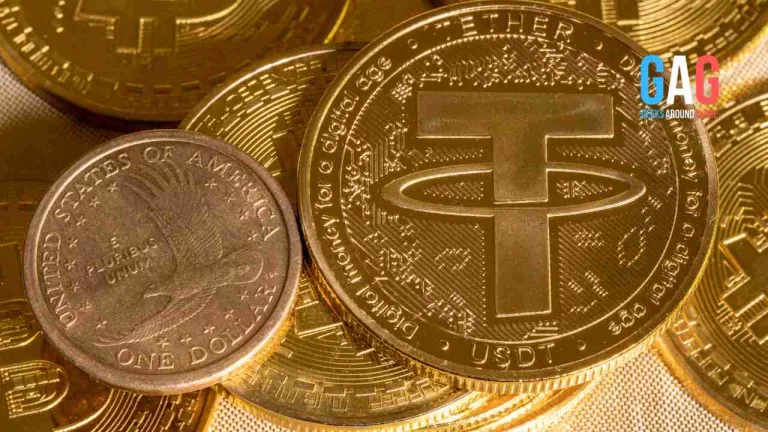

The CoinMarketCap states (April 2023) that Ethereum (ETH) ranks as the second largest cryptocurrency globally. It has an overall market cap of more than $600 billion USD. This cryptocurrency comes with a potent developer community and a vast range of uses, including gaming, NFTs (non-fungible tokens), and DeFi (decentralized finance).
Among various smart contract wallets, you will find choices in the Ethereum habitat. It includes MetaMask, Argent, and Gnosis Safe. Such wallets provide multiple convenience and security features. These include timely access, multi-factor authentication, integration, and decentralized applications.
However, in the past and recently, there have been smart contract vulnerabilities in Ethereum. For instance, on April 3, 2023, a team of MEV bots lost more than 25 million in a crafty Ethereum blockchain attack. The attacker had substituted ordinary MEV transactions from the bots using dangerous ones. And that led to losing ample cash.
No wonder there is a growing need for correct smart contract testing, auditing, and safety measures to make sure that an Ethereum vault is safe and secure.
Ethereum Vault: A Quick Overview
Simply put, an Ethereum Vault can be described as one smart contract in the blockchain that can manage, store, and safeguard your Ethereum assets. Users can consider it to be a digital safe that they can control through a smart contract.
Casa enables its members to store ETH, along with Bitcoin. It helps own, manage, and safeguard private keys easily and securely. The brand uses multi-signature scripts that protect the ETH with various keys. In other words, when a user isn’t trading, paying for gas, or staking, they can stay rest assured that their ETH is safe.
How Do Ethereum Vaults Function?
By creating an ETH vault, you develop a smart contract holding all your funds. However, decide on the set-up rules to access the funds. For instance, you might keep time-based access and multiple signatures. It is possible to program a smart contract for implementing specific actions that are based automatically on pre-defined conditions.
It’s also possible to program the vault to transfer specific funds automatically to a certain address after a specific date or after certain conditions are met. This kind of automation helps save time and minimize errors.
The Advantages of ETH Vaults
Similar to various crypto vaults, the best benefits of an ETH vault are ease of use, flexibility, and safety. Let us focus on each to have a better understanding.
1. Maximized Safety
ETH vaults prove to be safer compared to conventional wallets since they use smart contract technology. All the smart contracts are tamper-proof and self-implementing. It indicates that once a code gets implemented in a blockchain, you can’t hack or change it.
On the other hand, in conventional wallets, one has to depend on private keys and passwords, which can get stolen or lost. ETH vaults can also be customized to add features like transaction confirmations and multi-factor authentication, which adds to the safety aspect.
2. Ease of Use
ETH vaults are easy to use compared to conventional wallets. They can get programmed to automate specific actions. For instance, it is possible to create a recurring payment at a certain address. Alternatively, you can also split the fund automatically between various addresses. And this, in turn, brings in flexibility.
The ETH Plug-in for a Vault
Simply put, this plug-in is a secret backend execution. It offers several capacities of the ETH wallet. It can support all the private and public chains. It also helps in supporting smart contract ongoing development practices by offering ways to implement smart contracts. Other than signing and authenticating signatures on random data, it’s possible to send ETH.
A few of the functions can take place without ETH Node access. However, various other functions, such as carrying out transactions, will need the ETH RPC interface access. The vault can reside on various machines other than a laptop. It’s something that is not possible with RPC-based wallets.
Are There Any Risks Involved with ETH Vaults?
Every new technology is prone to vulnerabilities. That doesn’t limit its use or application. It only paves the path for further developments. The ETH vaults will prove to be as safe as the code. In case there are vulnerabilities or bugs in the code, they can weaken the security. It might lead to a loss of funds.
Hence, the smart contract must be well-tested and reviewed before applying it to the blockchain.
Conclusion
The entire ETH ecosystem and ETH vaults are changing fast. As a result, it’s crucial to stay updated with the best practices and latest developments to ensure your Ethereum assets are safe.







